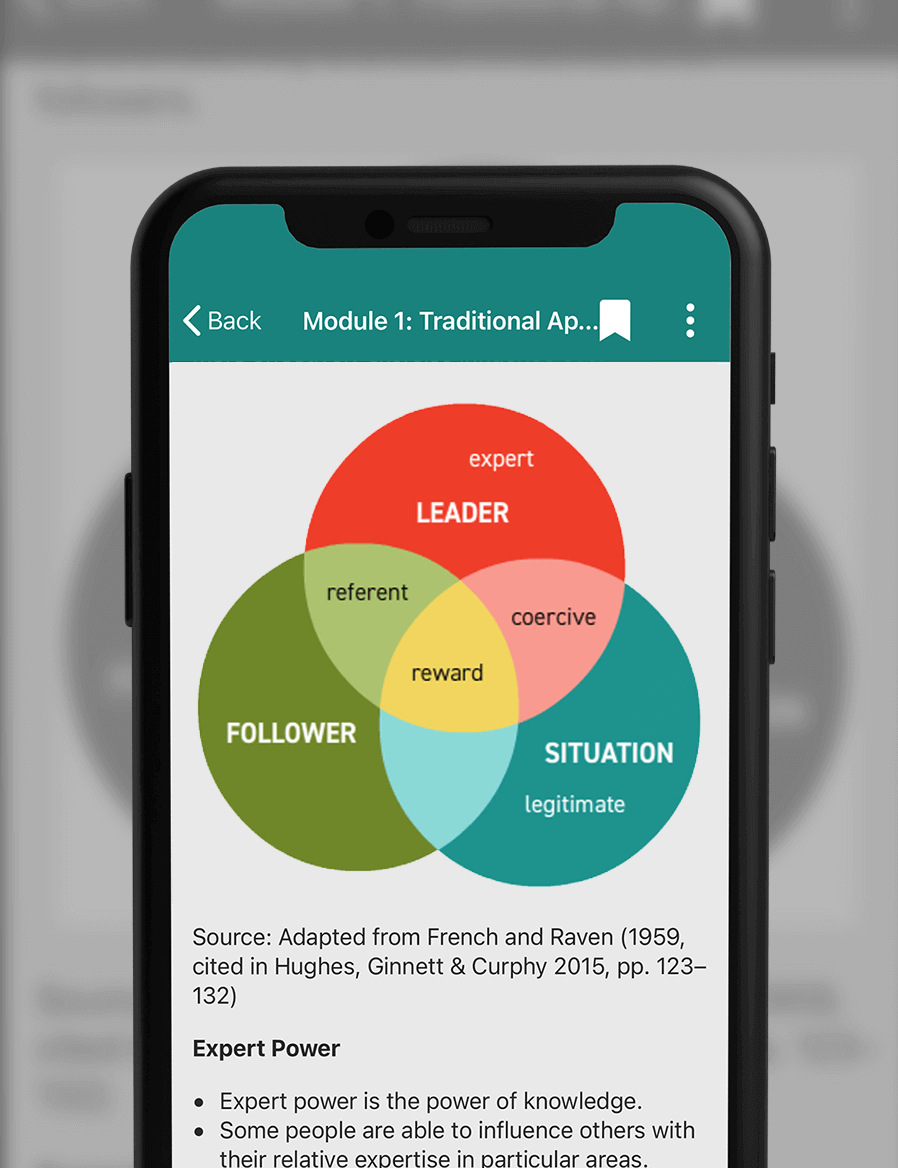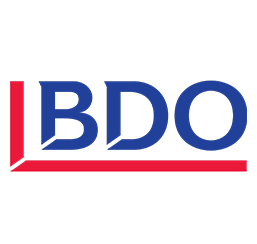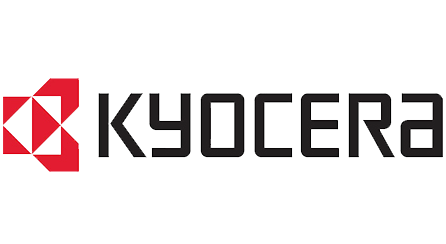The AIB MBA
Designed for busy working professionals, this fully online MBA course is highly flexible and delivered with interactive, bite-sized content and personalised student support.
Designed for busy working professionals, this fully online MBA course is highly flexible and delivered with interactive, bite-sized content and personalised student support.
AIB’s online Graduate Certificate in Management (GCM) is an accredited postgraduate qualification. The AIB GCM is highly recognised internationally, particularly for its graduate outcomes.
Delivered fully online, the AIB GCM can be completed in as little as 4 months accelerated or 8 months part-time* and gives you practical skills for today’s business landscape. This course can be undertaken as standalone study, or as part of a fully-online MBA course.
*Course duration is determined by entry pathway and study load. See details.
For 40 years, we’ve successfully supported more than 20,000 business school graduates globally.
*Course duration is determined by entry pathway and study load. See details.
| Delivery | Online |
|---|---|
| Number of Subjects | 4 subjects |
| Duration | 4 months accelerated or 8 months part-time* |
| Start Dates | 12 intakes a year |
| Entry Requirements | Prior degree or prior experience |
**see 20 Biggest Online MBA Providers, MBA News (July 2024)
Rather than expecting you to fit around us, we’ve found innovative ways to make our subjects fit around you.
Our innovative Student Learning Portal is your ultimate digital resource for everything you’ll need to successfully complete your GCM online with the flexibility to access your learning materials, videos, podcasts and other multimedia. You’ll engage with fellow students and have key concepts explained by your Online Facilitators in webinars and forums.
In addition to the Student Learning Portal, the myAIB app allows you to download modules and full subjects to view offline to save your cellular data, receive notifications for assessments and webinars, listen to audio versions of modules through Soundcloud and enjoy many other useful features.
The myAIB learning portal app is available on Google Play and on the Apple App Store.
The Graduate Certificate in Management (GCM) is an entry point and the first stage of the AIB MBA
The Graduate Certificate in Management (GCM) comprises a total of four subjects, which includes Leadership (first subject) and Strategic Management (second subject) and two subjects of your choice from the list of GCM Optional subjects.
Complete the 2 subjects listed below. Additionally, you’re required to select 2 subjects of your choice from the Optional Subjects.
The subject provides a scholarly and in-depth knowledge of the dynamics of leadership and how it applies to contemporary leadership practice. Modules covered include: nature and importance of leadership, leadership traits, behaviours and attitudes, leadership styles, leadership culture, ethical issues, leadership when creating change in organisations.
On completion of this subject participants should be able to:
This subject provides comprehensive knowledge of the strategic management process and gives exposure to the concepts and frameworks that are used in understanding a company’s competitive position in domestic and international markets, and the development of new strategies.
On completion of this subject participants should be able to:
This subject discusses the importance and strategic role of marketing in today’s globalised and digital business environment. Students learn practical skills that impact on business growth, like how to analyse the market context in which a business or enterprise is operating, segment the market, select an appropriate target market and recommend strategic and tactical plans that co-create value for the selected target market.
On completion of this subject participants should be able to:
This subject provides an in-depth knowledge of issues critical for the efficient and effective management of operations in service, public, manufacturing, not-for-profit, and other sectors. The subject covers operations management principles, frameworks, and contemporary topics including: process perspective; operations for strategic impact; designing process and operations; delivering services and goods through the supply chain; simplifying and improving operations; risk, resilience, and sustainability in operations and, operations digitalisation.
On completion of this subject participants should be able to:
This subject prepares students for effective and efficient planning and management of financial resources in organisations. The subject considers how a manager can utilise understanding of accounting and finance concepts in decision making. Modules covered include: understanding and evaluating financial statements, cost management concepts and break-even analysis, working capital management, time value of money, risk and return, basic capital investment decisions, capital structure and the cost of capital.
On completion of this subject participants should be able to:
The subject is designed to provide understanding of the formal relationship between the employer and the employee and of the techniques and methods aimed at making that relationship more effective so that organisational goals and objectives are achieved. Modules covered include: introduction to strategic HRM, global labour markets, the changing nature of work, work design and diversity management, workforce planning, Talent management and selection, Talent retention and development, performance management, Remuneration and rewards, Evaluating HRM and return on investment.
On completion of this subject participants should be able to:
This subject examines the development, concepts, and significance of the concepts and practice of Corporate Governance, and organisational governance within the context of organisational capacity building.
Pre-requisites: Three AQF Level 8 subjects must be completed before attempting Corporate Governance
On completion of this subject participants should be able to:
This subject develops the critical skills, capabilities and knowledge required to successfully manage projects across all stages of the project life cycle, applicable to all industries: service, public, not-for-profit, private, and other sectors.
On completion of this subject participants should be able to:
The objective of this capstone subject is to undertake a project related to the chosen area of professional focus. Students will identify an appropriate workplace or industry related research problem or opportunity, conduct a concise review of theories and frameworks, engage in identifying secondary data, analyse the data and present findings in a formal business research report.
Pre-requisite: A minimum of 10 MBA subjects (all AQF level 8 subjects and at least 4 AQF level 9 subjects) must be completed before attempting the Project.
On completion of this subject participants should be able to:
AIB’s Graduate Certificate in Management is among the most affordable in Australia, without sacrificing the high quality of education. As an online provider, we don’t have the expense of maintaining campuses and lecture theatres, so you won’t pay for things you don’t need.
Instead, we invest in quality education and academic teams, student support services and innovative technological advancements to focus on delivering the highest quality of programs like the GCM.
In addition to our very affordable course fees, we are FEE-HELP approved for students who are Australian citizens or those who hold appropriate visas. We also offer instalment options, so that the GCM remains an investment and not a liability.
CALCULATE YOUR FEE-HELP REPAYMENTS.
YOU MAY BE ELIGIBLE FOR FEE-HELP, TALK TO A COURSE ADVISOR TODAY.
To study the AIB Graduate Certificate in Management you only need to meet ONE of the following entry requirements:
AIB’s GCM is accredited by the Tertiary Education Quality and Standards Agency (TEQSA) within the Australian Qualifications Framework (AQF), highly regarded internationally and catered specifically to working professionals.
AIB’s graduates are seen by employers as valuable leaders that drive business growth.
AIB is partnering with a series of prominent organisations to strengthen our practical linkage for our valued student community.
Throughout the Graduate Certificate in Management, you’ll have exclusive access to videos of industry guest collaborators that bring theory to life, inspire innovation and accelerate your business performance.
Our graduates join an alumni community that today represents more than over 100 countries
51%
49%
AIB MBA graduates see strong salary increases each year within the first five years after completing their MBA, contributing to much stronger future earnings than if they had not completed their MBA. On average, graduates see an increase of $42,000 since they started the MBA at AIB and 73% of our graduates saw a salary increase since they graduated*.
We have created a ROI calculator based on self-reported salary data of Australian MBA graduates from our 2024 Alumni Insights Survey, so you can crunch the numbers and determine what your ROI could look like.
The Graduate Certificate in Management is the perfect pathway to the Australian Institute of Business’s full AIB MBA program.
Build upon the management skills you gain in the GCM with the in-depth and well-rounded business and leadership skills the AIB MBA will give you.












